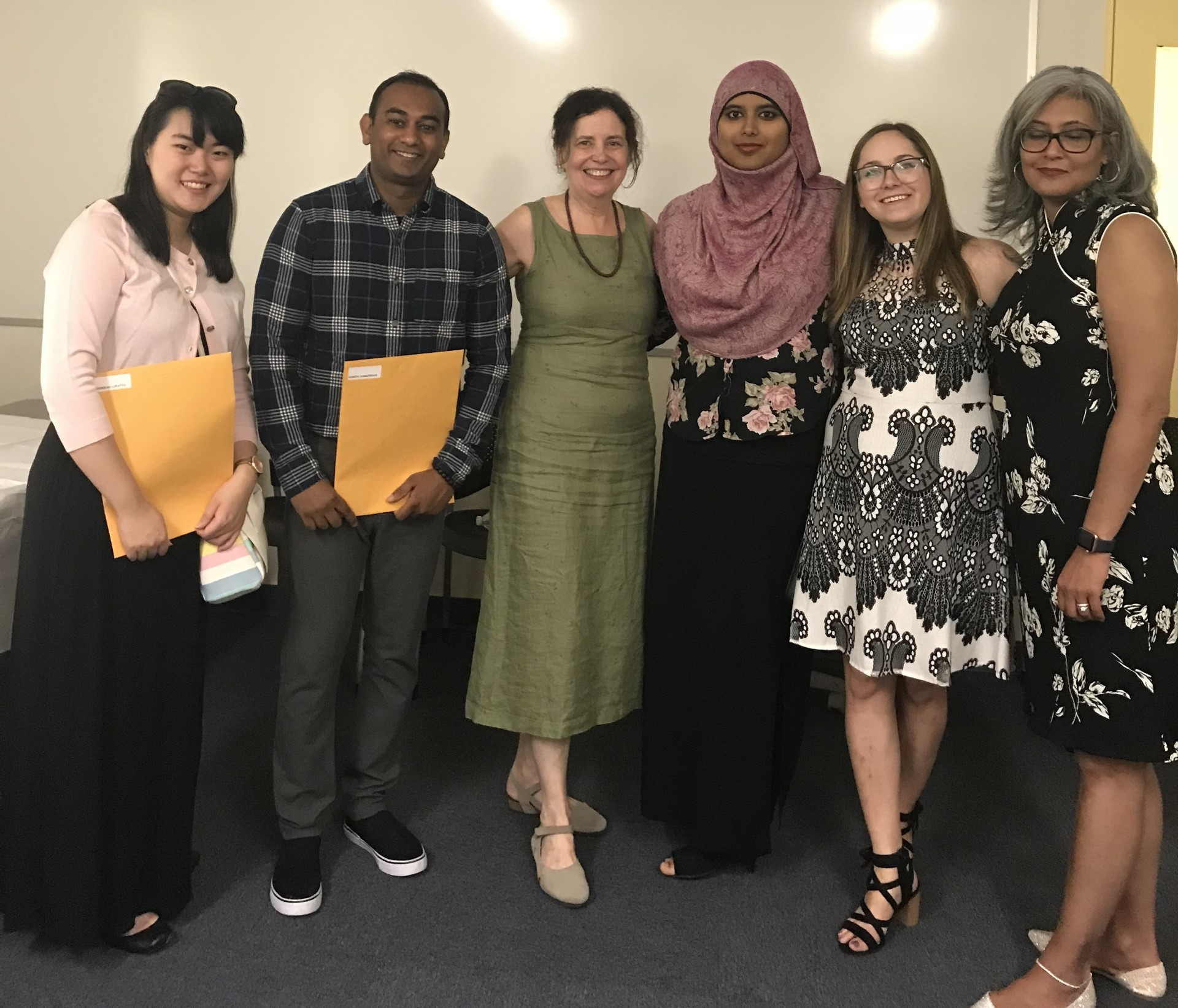Queens College offers an array of programs that enrich the students’ experiences. Among its hidden gems is a program called the Honors in the Humanities (HTH), which serves as both an initiative and minor.
As the oldest honors program at Queens College, the HTH was founded by the late Professor Hilail Gildin under the original title Honors in the Western Tradition. It wasn’t until the 2000s that a pioneering trio consisting of Professors Richard McCoy, Clare Carroll, and Ammiel Alcalay revised the program to be less Eurocentric and more globally based.
In an interview with Professor Carroll, the Director of the HTH program since 2014, she outlined the program’s mission and benefits. Carroll is a professor of Comparative Literature and a member of the History Department at the CUNY Graduate Center.
The program’s main agendas are to encourage global cultural competence, logical argumentation with evidence, and emotional empathy. Carroll explained, “The foundation of HTH is the connection between the different fields in the humanities including philosophy, history, comparative literature, and more.”
The HTH minor comprises three foundation courses: Ancient Global Literatures, Introduction to Ethics, and Writing about Literature, as well as the choice of two out of four courses from different cultural periods and a final seminar course that synthesizes the knowledge gained throughout the program.
Professor Carroll underscored that the media has created a “megaphone of negativity” when it comes to pursuing the humanities. There is a general assumption in society that studying STEM leads to economic gains, while the humanities do not. On the contrary, CUNY humanities majors earn salaries comparable to those in STEM fields within 10 years, according to the CUNY Wage Dashboard.
The strength of the program, according to Carroll, is in part thanks to Simone Yearwood, the recently appointed Interim Dean of Faculty in the School of Arts and Humanities. “Dean Simone Yearwood is the first Dean in my memory to give the HTH program any funding, which lacked funding for at least the past 10 years,” Carroll said.
All students benefit from the interdisciplinary approach to problem-solving and critical thinking, along with gaining transferable skills in fluid and compelling speaking and writing. Carroll cited an article titled “The Sky is Falling” by Eric Hayot, a distinguished professor of Comparative Literature at Pennsylvania State University, which discusses the decline in enrollment for the humanities nationwide. However, the HTH program remains steadfast in providing students beyond a degree — it grants them a chance to challenge the world around them.
Professor Carroll provided The Knight News with statistics collected and analyzed by Professor Emeritus of Sociology Dean Savage, showcasing the level of student success that comes from the participation in the program:
“A survey of 129 HTH students over 20 years shows that our students have succeeded in the following fields: 1). Medicine: seven MDs (at Yale, Icahn School, SUNY Downstate, SUNY Upstate among others); 2). Law: 13 JDs at Yale, Harvard, Cornell, NYU, Fordham, UC Berkeley among others) 3. Academia: 11 PhDs (at Brown, Cambridge, Indiana, Rutgers among others); 4) 23 MAs (at Columbia, Michigan, Penn among others),” Carroll said.
The biggest indications of success could be mirrored through the work of the students and their paths. While maintaining rigorous standards for the program, Professor Carroll and her colleagues are attuned to the evolving needs of students.
“I feel like I’ve changed the lives of many students. We have had meaningful conversations in class, and the self-reflections that have arisen from these discussions will remain with the students for years to come in subtle and deep ways,” said Professor Carroll.
On April 15th, HTH will be hosting a poster session with current and past Humanities students presenting their research on the humanities and diversity. Speakers include Mattheus Oliveira (QC 2014, GC 2017) on “Teaching the Humanities in the Post-Covid Period;” Joya Pariyal (QC 2023) on “Young Adult Romance: Who’s Really Falling For It? A Study of South Asian Representation and Commercialization of Culture,” and Ilana Allen (Townsend Harris 2024) on “Banned Books in the United States: Toni Morrison’s The Bluest Eye and George M. Johnson’s All Boys Aren’t Blue.”
Evidently, humanities majors have succeeded in a variety of careers. The opportunity to engage in cross-cultural discourses about the arts, literature, and philosophy enhanced their intellect and self-awareness, contributing to their ongoing success and enjoyment of life.











